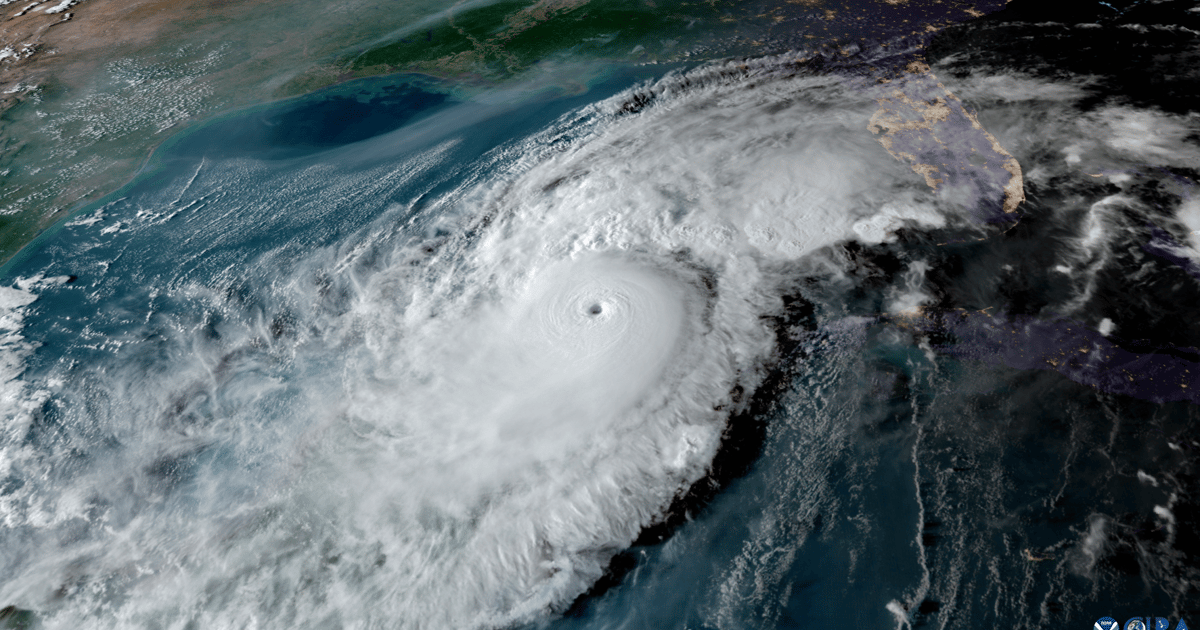Looks like we’re in for another “above average” Atlantic hurricane season, according to weather experts.
Researchers at Colorado State University’s Tropical Cyclones, Radar, Atmospheric Modeling, and Software team have released their well-regarded early forecast for hurricane season, which starts June 1 and lasts through November 30, with storms typically reaching a peak in August, September, and October.
For 2025, the weather watchers predict a total of 17 named storms will develop in the eastern Atlantic Ocean and Caribbean Sea, affecting the islands located there as well as Florida and other coastal areas of the eastern United States.
Forecasters expect nine of those storms to become hurricanes, with four growing into major hurricanes with wind speeds of 111 miles per hour or greater.
If things pan out that way, 2025’s season would be less intense than last year, which saw a total of 18 named storms and 11 hurricanes, of which five became major hurricanes, reports CBS News. (A satellite image of Hurricane Milton, one of 2024’s most powerful and destructive Atlantic hurricanes, is pictured at the top of this page.)
But this year’s hurricane season is still likely to be significantly busier than the yearly average from 1991 to 2020, CSU’s analysis points out. During that stretch, the region usually experienced 14 named storms and seven hurricanes in the course of a season.
The main factor, per CSU’s team, is above-average sea surface temperatures because warm ocean water fuels hurricanes. The Atlantic isn’t as hot as it was last spring, but the ocean is still warmer than normal—hence the expectation of more storms than normal.
The unlikelihood of the Atlantic to experience El Niño conditions, which tend to break up hurricanes, is another contributing factor to 2025’s forecast.
The U.S. government’s National Oceanic and Atmospheric Administration (NOAA) usually releases its own predictions for hurricane season in May. But recent mass layoffs at the agency ordered by the Trump administration have sparked concerns about whether the job cuts will compromise the quality and accuracy of NOAA’s extreme weather forecasts.
Travelers planning to visit Caribbean islands or coastal areas of the eastern U.S. during hurricane season, especially in late summer and early fall, can read up on severe weather safety tips from sources such as the American Red Cross.
The risks are even lower if you plan to vacation in one of the Caribbean locales that almost never get hit by hurricanes. Here’s a list of Caribbean islands without hurricanes.
